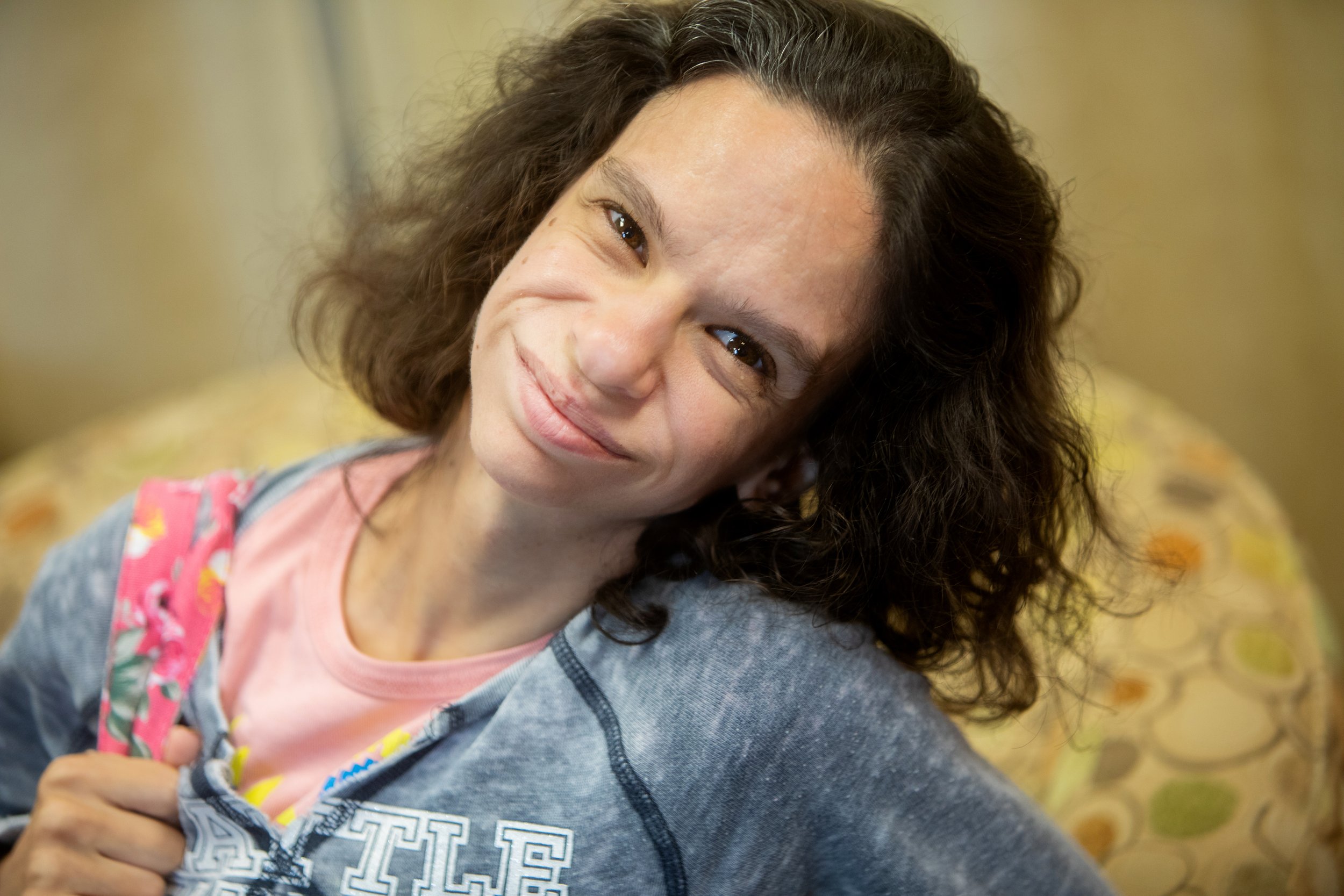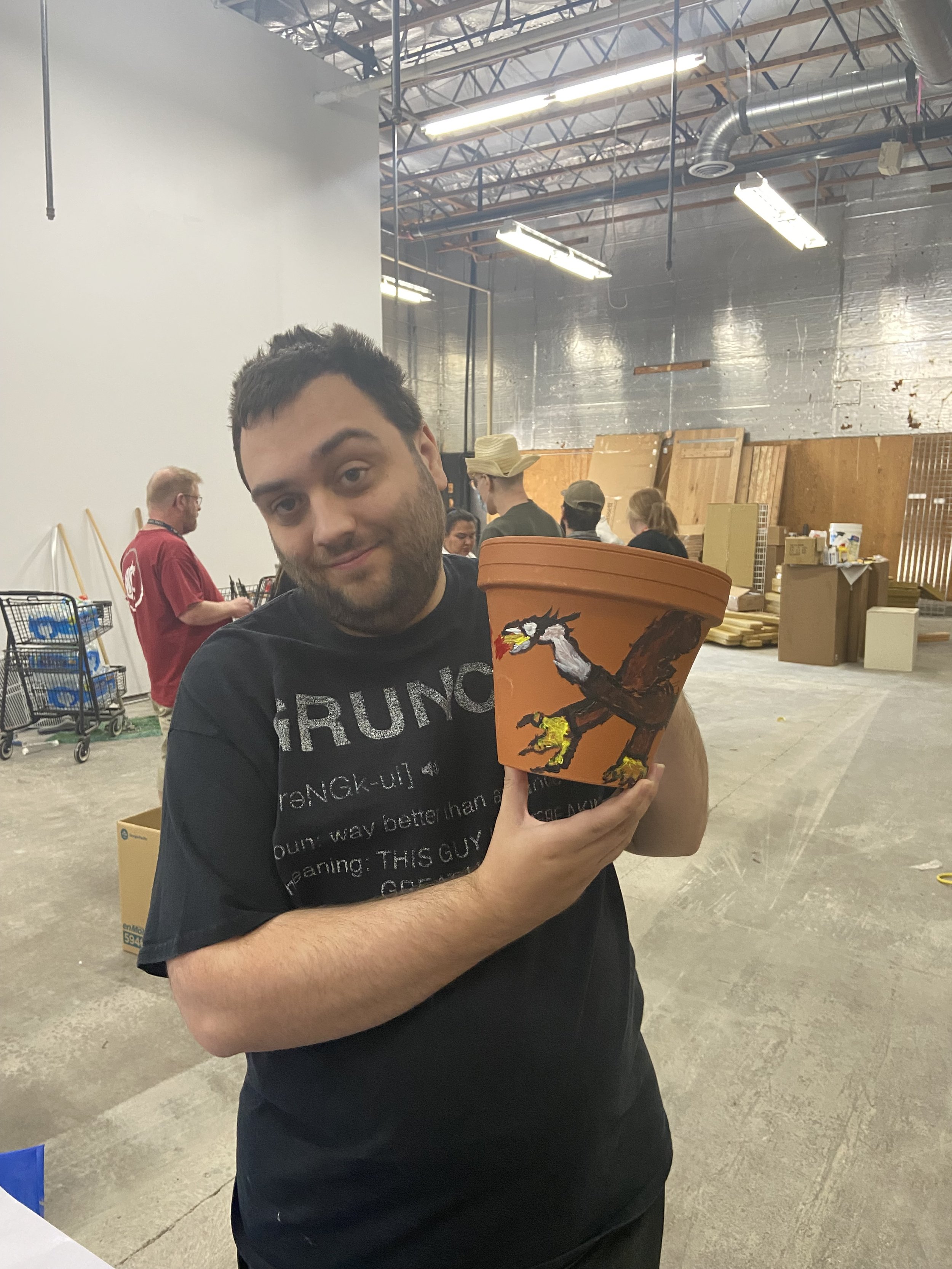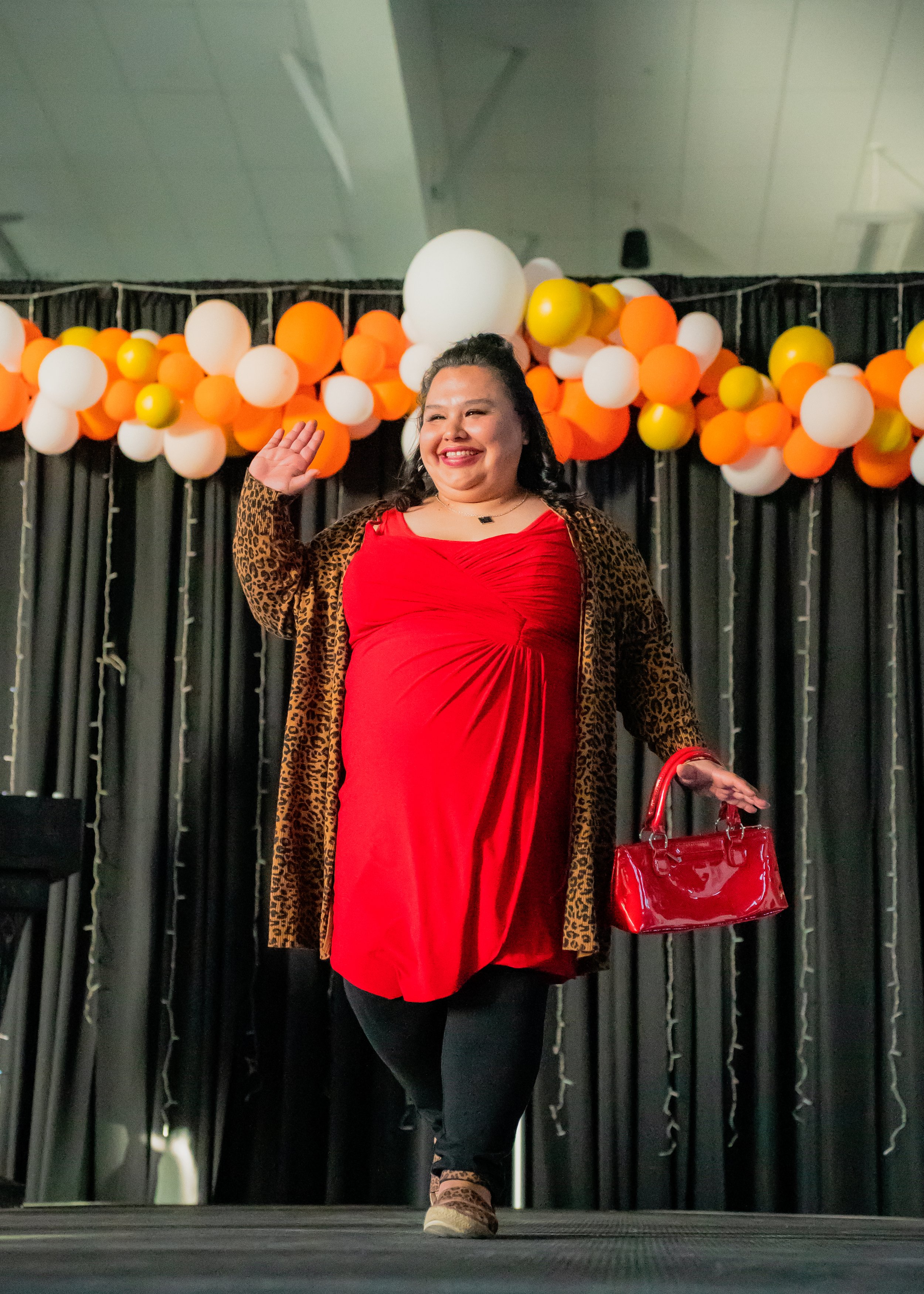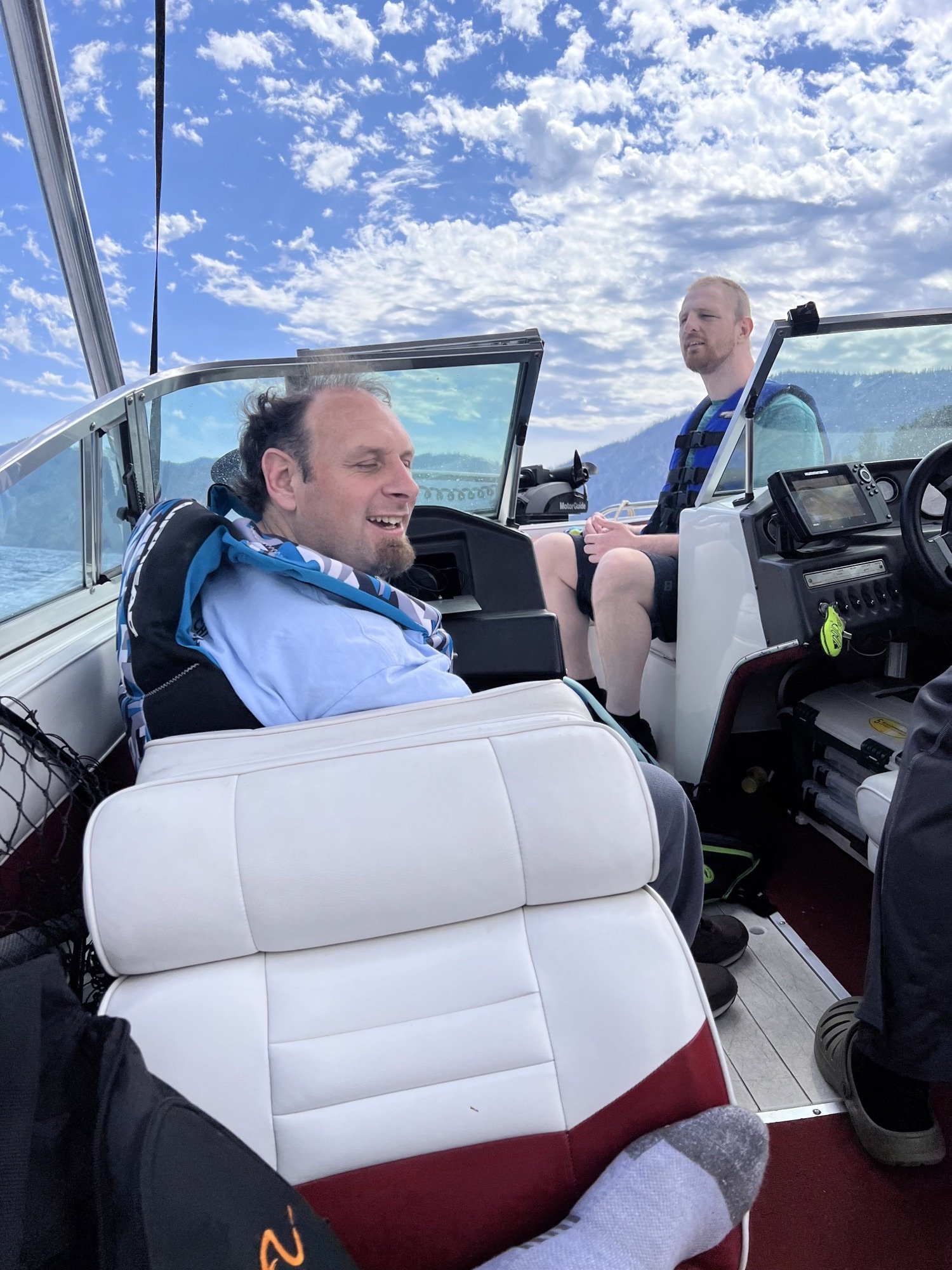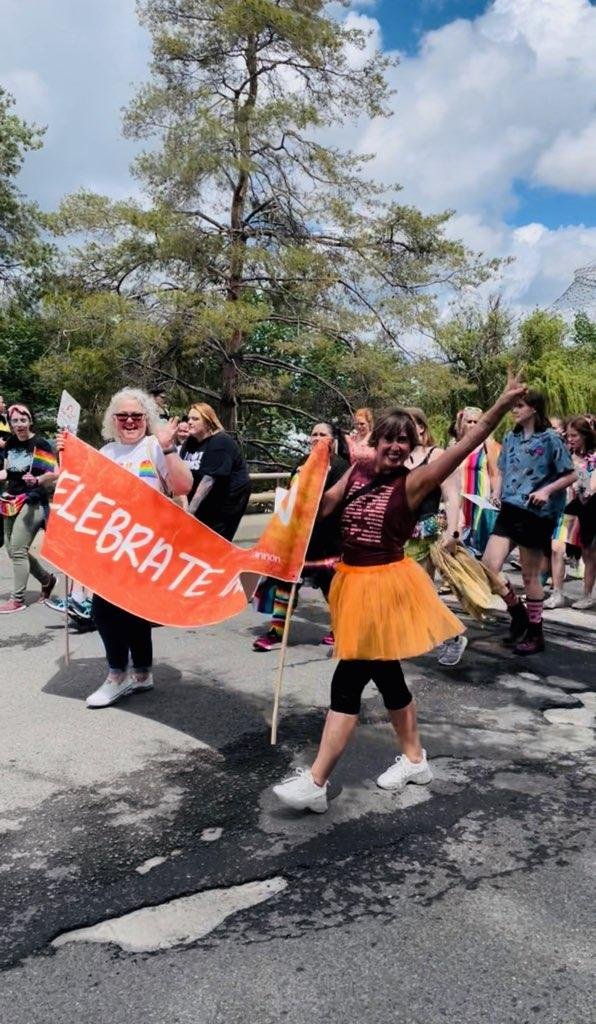DIVERSITY | EQUITY | ACCESS | INCLUSION
“To know is to care, to care is to act, to act is to make a difference.”
Harry Chapin
Singer-songwriter, philanthropist, and hunger activist
The Arc of Spokane is committed to pursuing growth in diversity, equity, access, and inclusion (DEAI) in order to create, nurture, and sustain a culture where differences drive innovative solutions to meet the needs of our constituents and employees.
DIVERSITY
The practice or quality of including or involving people from a range of differences, including but not limited to race, ethnicity, gender, gender identity, sexual orientation, age, social class, physical ability or attributes, religious or ethical values system, national origin, and political beliefs.
EQUITY
Ensuring that every individual has an equal opportunity to make the most of their lives and talents. The belief that no one should have poorer life chances because of the way they were born, where they come from, what they believe, or whether they have a disability.
ACCESS
When the needs of diverse people are specifically considered and products, services, and facilities are built or modified so that they can be used by people of all abilities.
INCLUSION
The practice of providing access to opportunities and resources for people who might otherwise be excluded or marginalized.
INTERSECTIONALITY OF DEAI AND DISABILITY
Intersectionality (or intersectional theory): the study of overlapping or intersecting social identities and related systems of oppression, domination, or discrimination. Coined by civil rights advocate and leading scholar of critical race theory, Kimberle’ Williams Crenshaw.
Diversity, equity, access, and inclusion work cannot be done without acknowledging the ways the disability community is part of the conversation. We must remember that social identities are not limited to just one facet, whether it be race, gender, class, marital status, faith, sexuality, socio-economic background, age, or disability. Rather, each facet interacts as a complex web to shape each unique person and their experience in the world.
A holistic approach to tackling system inequalities must take into account not just one or two aspects of identity in isolation, but to recognize that inclusion means everyone all of the time - not some people some of the time - and this includes people with disabilities.

